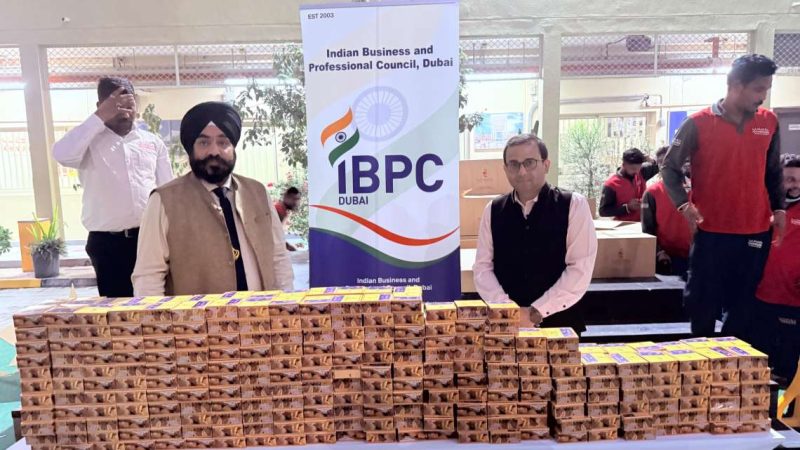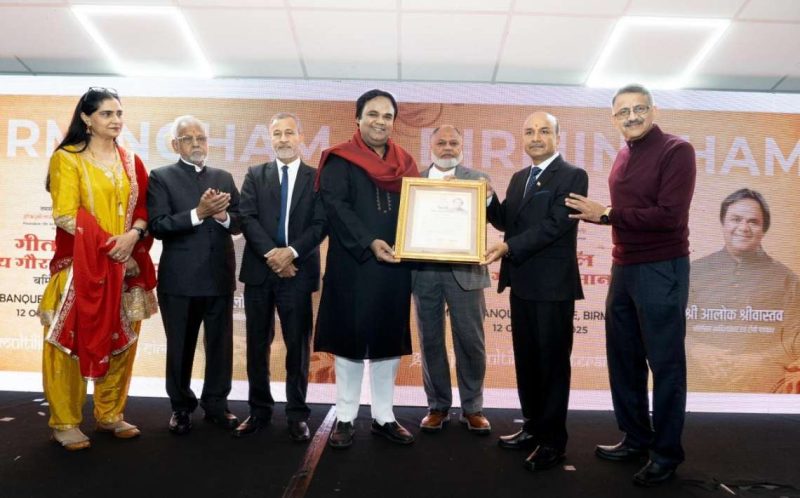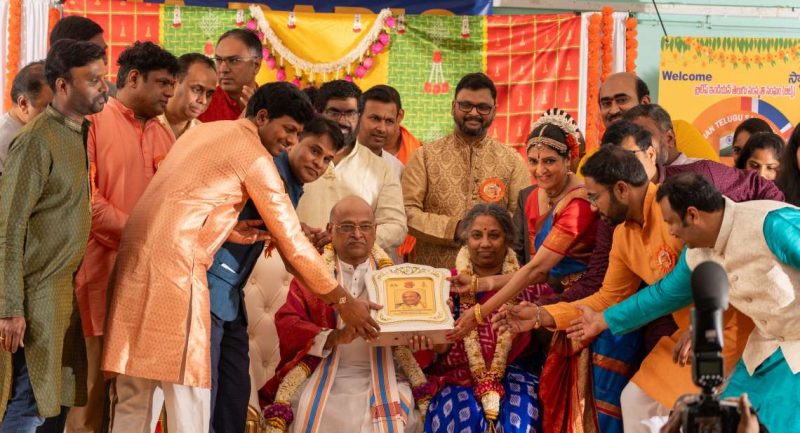As regards the future, it becomes relevant to happiness as a phenomenon because fear, anxiety, aspiration, expectation of the result of an effort and the degree of self-confidence with which one would face a contingency- all belong to that realm producing its own set of differentials…writes D C Pathak
Can there be a meaningful discussion on happiness per se, and can a recipe of sorts be framed for anybody who was seeking it?
Poverty is the biggest curse, and body illness another killer of joy, but beyond these debilitating factors, it can be seen that sources of unhappiness lie in the ‘past’, the ‘present’ and even in the perceived ‘future’.
One cannot erase memories of one’s past, particularly if they recall what appeared to be “sinful acts” on one’s part. Generally, one tries to sublimate them by adopting “cause and effect” logic for diverting the blame, but the overhang of the past is a reality that impacted one’s happiness in the long term.
Now, no two human beings are totally identical because their past, present, and future are full of inevitable variables.
An individual is known for one’s own qualities of ‘head’ and ‘heart’ in the present, and he or she cannot be in the frame of another person on that count.
As regards the future, it becomes relevant to happiness as a phenomenon because fear, anxiety, aspiration, expectation of the result of an effort and the degree of self-confidence with which one would face a contingency- all belong to that realm producing its own set of differentials.
Happiness has been rightly associated with the ‘sense of peace’ and ‘well-being’ prevalent at any point of time in one’s life- it is all in the mind, and linking it to measurable physical and physiological terms does not complete the story.
It is not without reason that all religions attribute happiness to an enlightened or awakened state of mind; they imply that lasting bliss originates from the spiritual realm, while happiness, as traditionally understood, belongs to ‘moments’.
As indicated earlier, ‘poverty’ and body ‘illness’ destroyed happiness, but outside of these limitations, it can be easily seen that a combination of “awareness” and “acceptance” is a powerful tool for reaching that “sense of peace” and feeling of ‘well-being’ that have been mentioned earlier as the foundational requisites of happiness.
If there is a minimal awareness that everybody was not “born with a silver spoon”, that one could not be prevented from making his or her best efforts in pursuit of an objective and that even peak performers would not get to the same goal because of nature-driven imponderables, there would be an easier ‘acceptance’ of what spiritual traditions tended to term as “destiny”.
Fulfilling the call of “duty”, making effort without entertaining any “fear of failure” and not letting greed, envy and ill-will come in the way of one’s pursuit are powerful aids to providing self-satisfaction that creates mental “peace” and a sense of “well-being” – the hallmarks of happiness.
Can there be a measuring scale to determine the degree of one’s happiness? Happiness is a state of fulfilment, and it is either there or not there. There is no state like being ‘half happy’. There could be lifestyle tips for being ‘happy all the time’, but happiness of any sane person would have physical, temperamental and spiritual components that belonged only to him or her, limiting the utility of a common prescription.
It cannot be denied that only a thinking mind would produce that rare combination of ‘awareness’ and ‘acceptance’ that generated a sense of peace and well-being – the ultimate foundations for happiness. There can be no ‘medicine’ for producing happiness, beyond some kind of hormonal ‘correction’ to be administered where required -and while lifestyle improvements were in order, it was difficult to switch on the ‘happiness button’ just like that.
Indian tradition recognised the value of spiritual preaching that tried to spell out what value system one could adopt to get on to the path of peace and self-satisfaction, but this was not the same thing as providing a sure shot for happiness. A guide to purposeful living is always valid, but it is not necessarily a guarantee for happiness.
Happiness is a state of mind that was marked by sanity, belief in values and preparedness to own the situation when things seemed not to be working out for no reason- in short, these are the attributes that made it possible to achieve the right combination of ‘awareness’ and ‘acceptance’. Today, we live in the era of Artificial Intelligence.
AI provides new tools of business, new products and services and new methods of knowledge creation, but it also brings out the importance of ‘imagination’ that is a gift nature has given to the human mind, not to the machine.
‘Machine learning’ did not involve imagination. The Nobel Peace Prize for Physics was given last year for research in AI, and the two professors who got it did not hesitate to warn that AI could even lead to ‘apocalypse’ if humanity became overly dependent on it.
It is ironic that today’s highest achievement in science could open up the route to disaster if misused. It perhaps implies that happiness lies in doing something that was for the larger human good. The concept of ‘Vasudhaiva Kutumbakam’ (‘Earth is one family’) preached and practised by our thinking sages, suggested a caring attitude towards others to spread happiness.
The idea of happiness is best preserved as a thought and is brought closer to real life when it becomes a continuum lived through on a day-to-day basis. One has to learn to ‘eliminate’ unhappy thoughts to make this continuum.
Time spent usefully largely helps in this. This is why the call of the Gita for remaining engaged in ‘Nishkama Karma’ (duty without seeking a reward) is a philosophy of life that promises innate happiness. There is a certain simplicity about the idea of happiness- academically researching it is fine, but this had to be done with an understanding that human life was so individualistic and the perceptions and beliefs on happiness are so scattered that only certain parameters of a “happy” life could be identified without fear of contradiction.
‘Good deeds’ emerge as a fairly well-established source of happiness, and so do norms like being kind-hearted, helpful to others and devoted to one’s duty. What you achieve in life through legitimate means is, of course, a primary instrument of happiness, but it is also true that what others think of you as a human being becomes an equally important validation.
Happiness is a sense and a feeling, and it is strengthened by the qualities one brings to bear upon the treatment given to others. You do not have to be a ‘saint’ to feel happy-it is enough if you have no regrets about what you did in life as a lesser mortal, had the larger awareness that life had a beginning and an end and carried a conviction that karma was a guarantee of where you would stand in the scale of happiness.
It is all about what you feel at the end of the day, based on a recall of what you did at any point in time in between.
Happiness comes in moments- the longer these can be strung together, the better the prospect of sustaining it.
(The writer is a former Director of the Intelligence Bureau)














